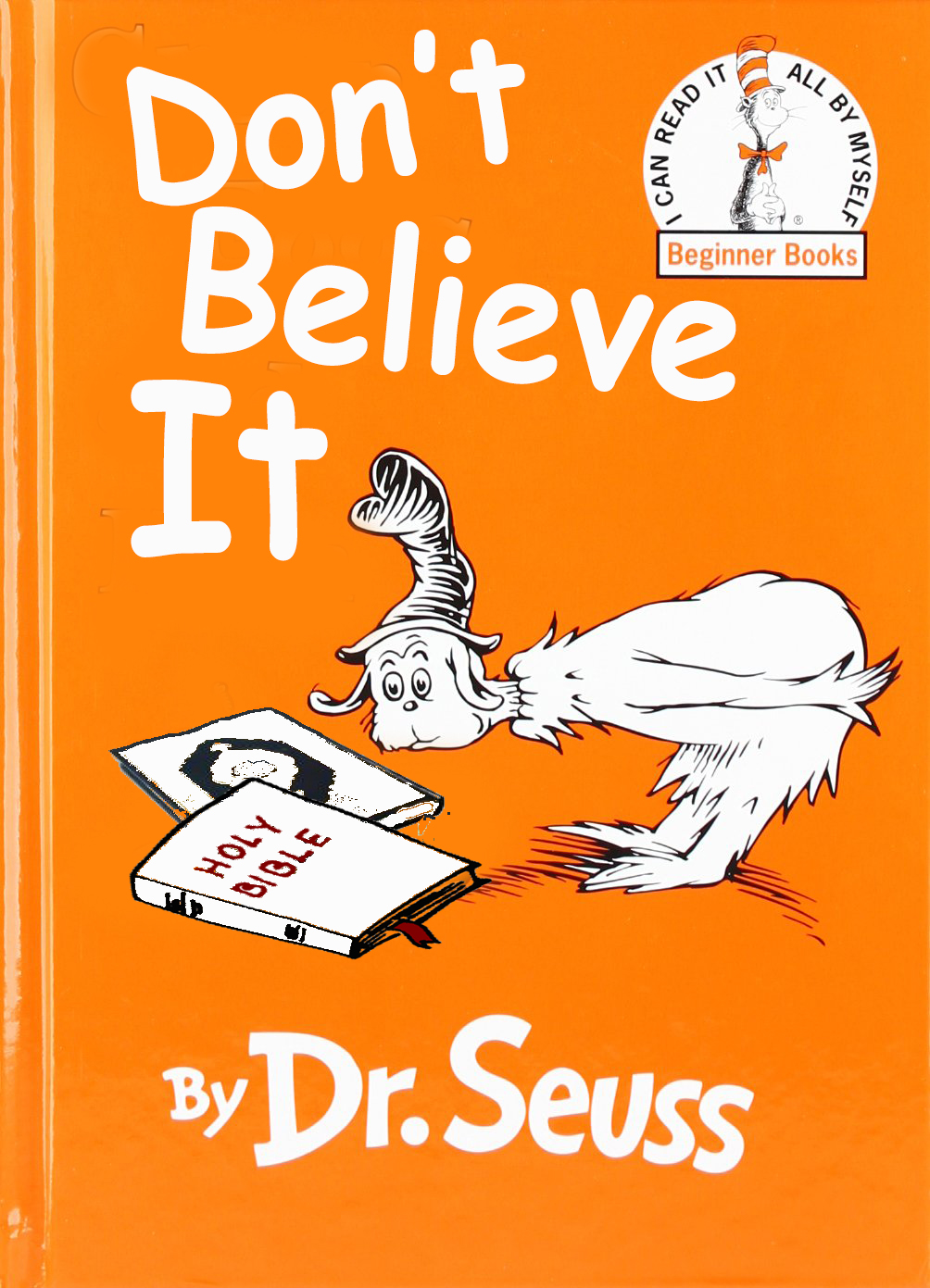Spirituality is the part of the human psyche that connects our imaginations to suppositions about the world around us. Such suppositions can be legitimate attempts to fill in unknown puzzle pieces with ideas that might fit provided those ideas have some connection to reality as opposed to wishful thinking. There is a difference.
There is usually an emotional component to what we experience as spirituality…
Why returning to nothingness can’t be so bad…
At this juncture, it’s important to tease out the difference between religiosity and spirituality — and to acknowledge that no matter how you characterize this, not everyone will agree on the definitions. Berkeley sociologist Casey Homan wrote via email that he recognizes at “least two definitions of spirituality,” one being meditating on the interconnected nature of the cosmos— without supernatural beliefs (such as ghosts), and the other integrates supernatural beliefs into the experience of spirituality.
“[There’s] declining religiosity with each new generation. Millennials are less religious than Generation X, Generation X is less religious than the Baby Boomers, and so forth,” Homan said. He said that despite recent hype, the ‘spiritual but not religious’ phenomenon is not as new as you might think. “I think that most people who are not particularly religious still do not feel ready to jettison their sense of spirituality,” he said. “It’s one of those things that remains [with] people even after they’ve decided that there’s no particular religion or denomination that they agree with.”
For 42-year-old Nelson, church attendance has been a central part of her life, growing up in what she describes as ‘boisterous black churches,’ which focused on community and song, not sinners. But she has noticed a movement away from church attendance and has seen how millennials, especially in Silicon Valley, pull away from it. “People [don’t think] you can cultivate spiritual wellbeing and be a technologist,” she said. At the same time she has observed people seeking meaning in different ways— through yoga, journaling, diet — ways to ‘feed their soul,’ she said. That’s the genesis of Soul Tour, a refuge for modern day spiritualism. “Spirit is our limitless reservoir of inner electricity, what connects us to each other and to things beyond what we can see, taste, hear, smell or touch,” she said.
Her spiritual self-care includes daily meditations, hot tubs, and workouts — and she wants to bring her hard-won peace of mind to others. She’s emphatic she’s not starting a church, but a place for soul comfort. “How people conceive of God ranges very widely. Some believe in a personal God or higher power, others in a universal force,” she said. “I know many people who look to their yoga or SoulCycle teachers as go-to sources of wisdom and upliftment!”
This plays out on campus. In Berkeley’s 2016 survey of new students, 9% of freshman labeled themselves as ‘spiritual but not associated with a major religion,’ with 14% identifying as ‘not particularly spiritual.’ That 14% could have opted for ‘no preference’ (11%) or atheist or agnostic (16%). In 2013, Berkeley sociologists analyzed data from the 2012 General Social Survey and reported that 20% of people asserted no religion — a 150% rise since 1990. The lack of interest may have an impact on the academic setting as well. Last year Bob Jacobsen, Dean of undergraduate studies in the College of Letters and Science, announced that Berkeley had discontinued its religious studies program, due to lack of enrollment, not funding.
There’s clearly an opportunity in this void, a space for a new generation of spiritual leaders, and a world where access to the ‘everything’ can be via iPhone, chatbot, and IRL meetings. Nelson’s hopeful this is where she can make a difference — on par with her modern-day spiritual leaders that include Alicia Keys and Jada Pinkett-Smith. “I want to be a resource for peoples soul[s] and spirits, [those] seeking personal transformation, guidance, meaning, and joy,” Nelson said. But for every Oprah there’s a Gwyneth Paltrow-esque GOOP guru, using the banner of spiritual self-empowerment to sell pseudoscience.
In Homan’s case, he believes that millennials shift towards the spiritual stems from avoiding the stigma of being classed as an atheist or a Christian; one being seen as immoral, the other as politically conservative. “If you state that you’re spiritual but not religious, most people probably will neither assume that you’re immoral nor assume that you’re politically conservative,” he said. “That’s why I think of spiritual but not religious partly as a political and moral label.” So a driver of how you label yourself causes the phenomena to exist — separate from what people really believe or follow. You can’t get more millennial than that.























